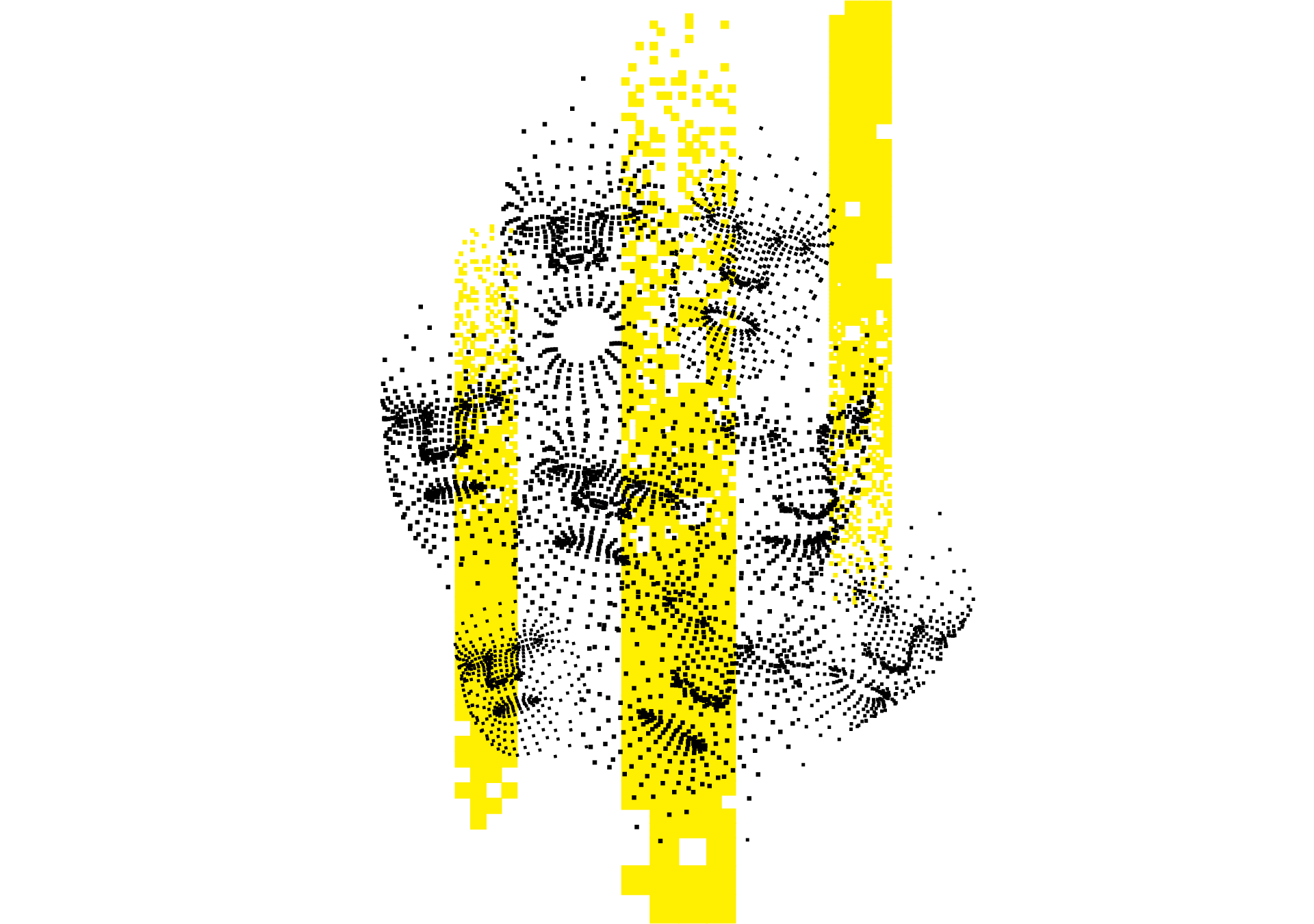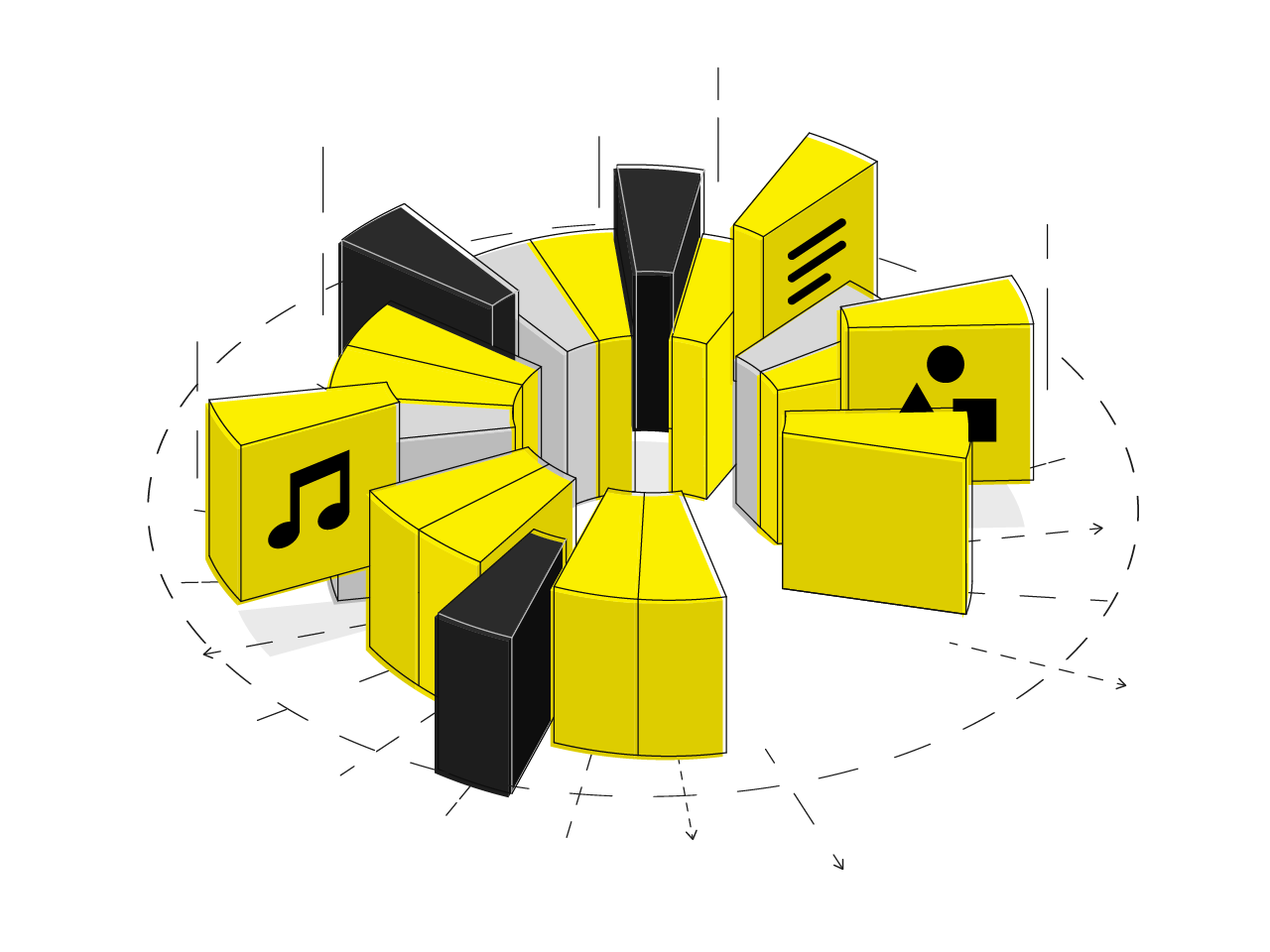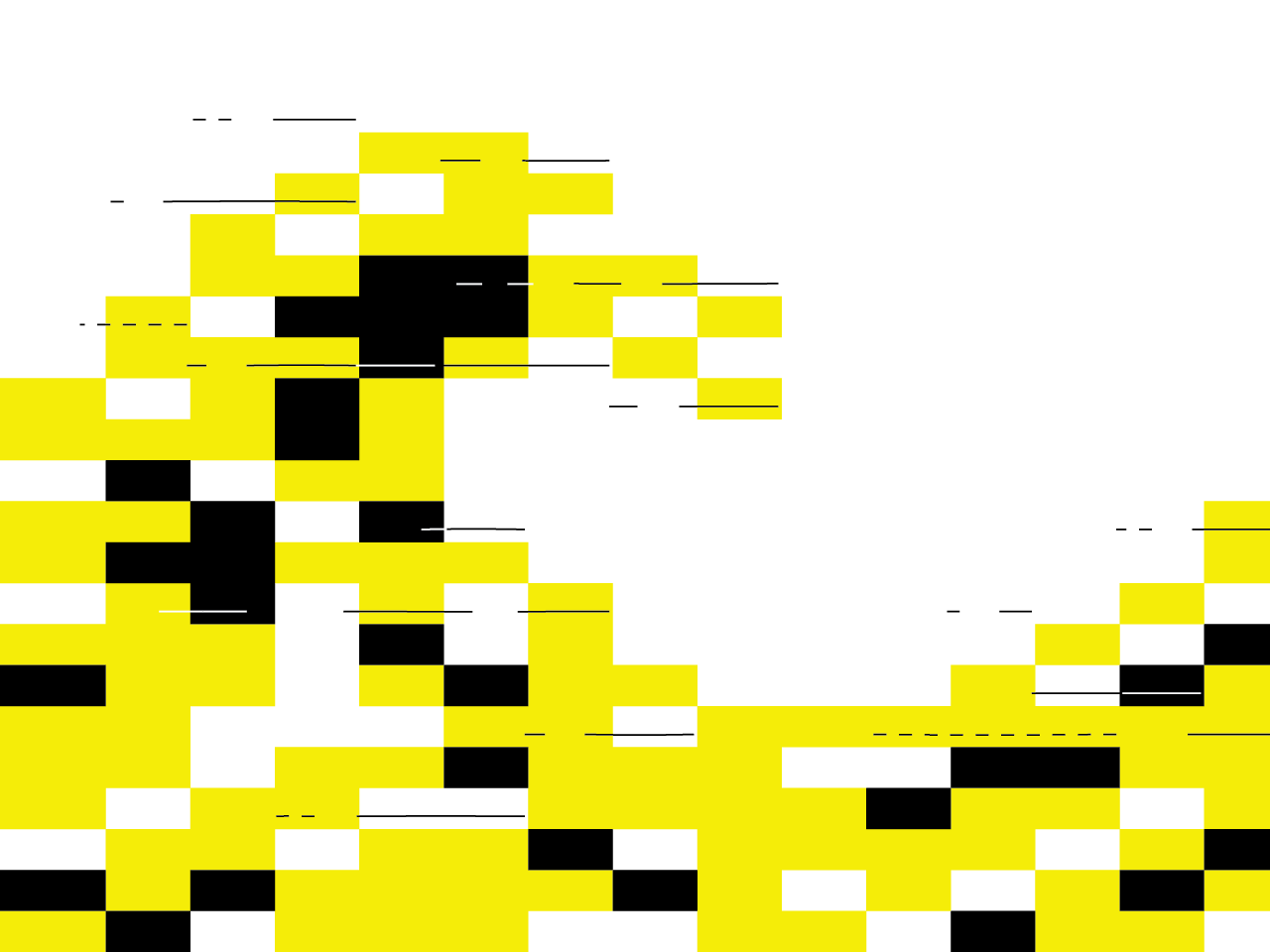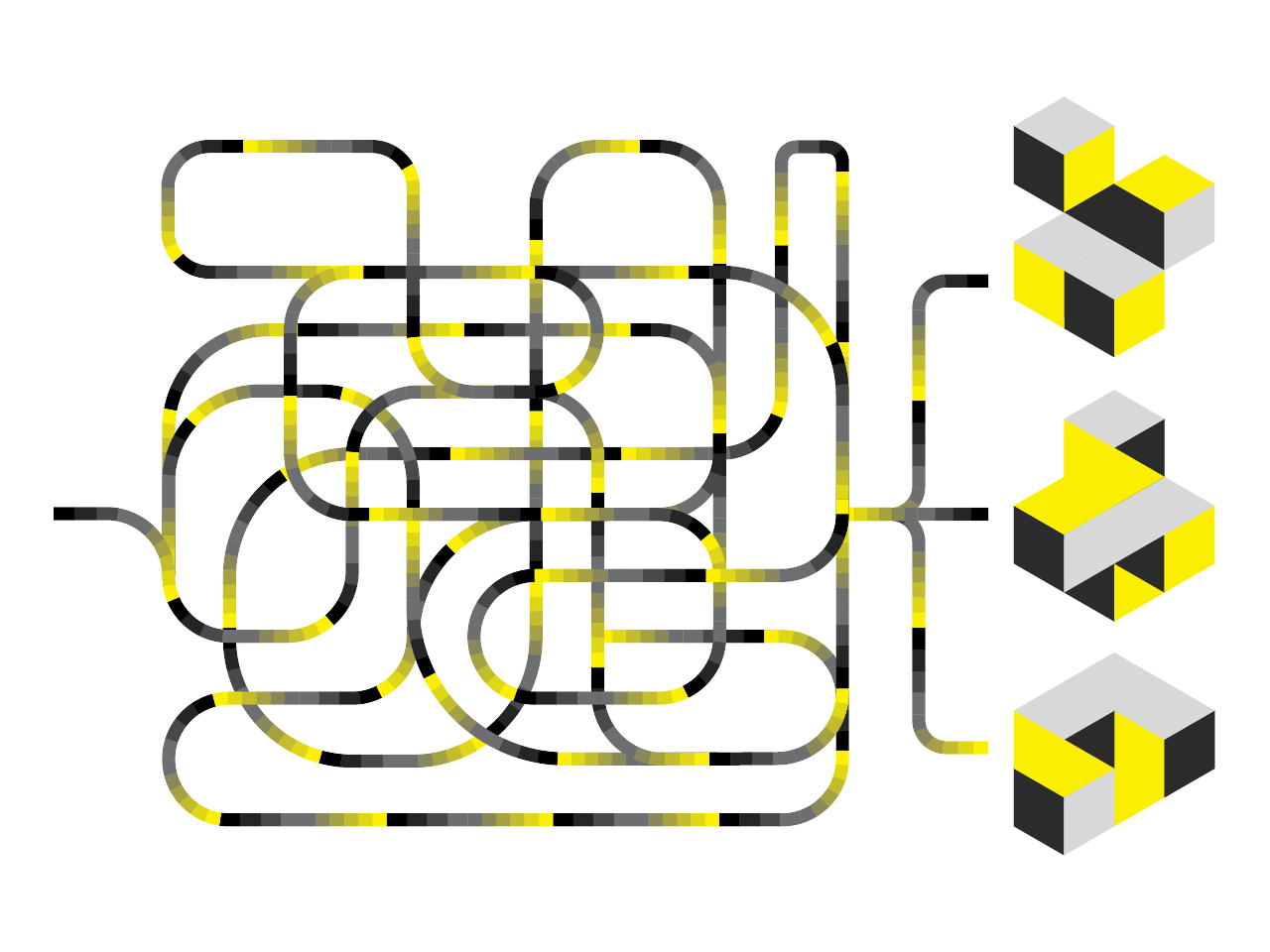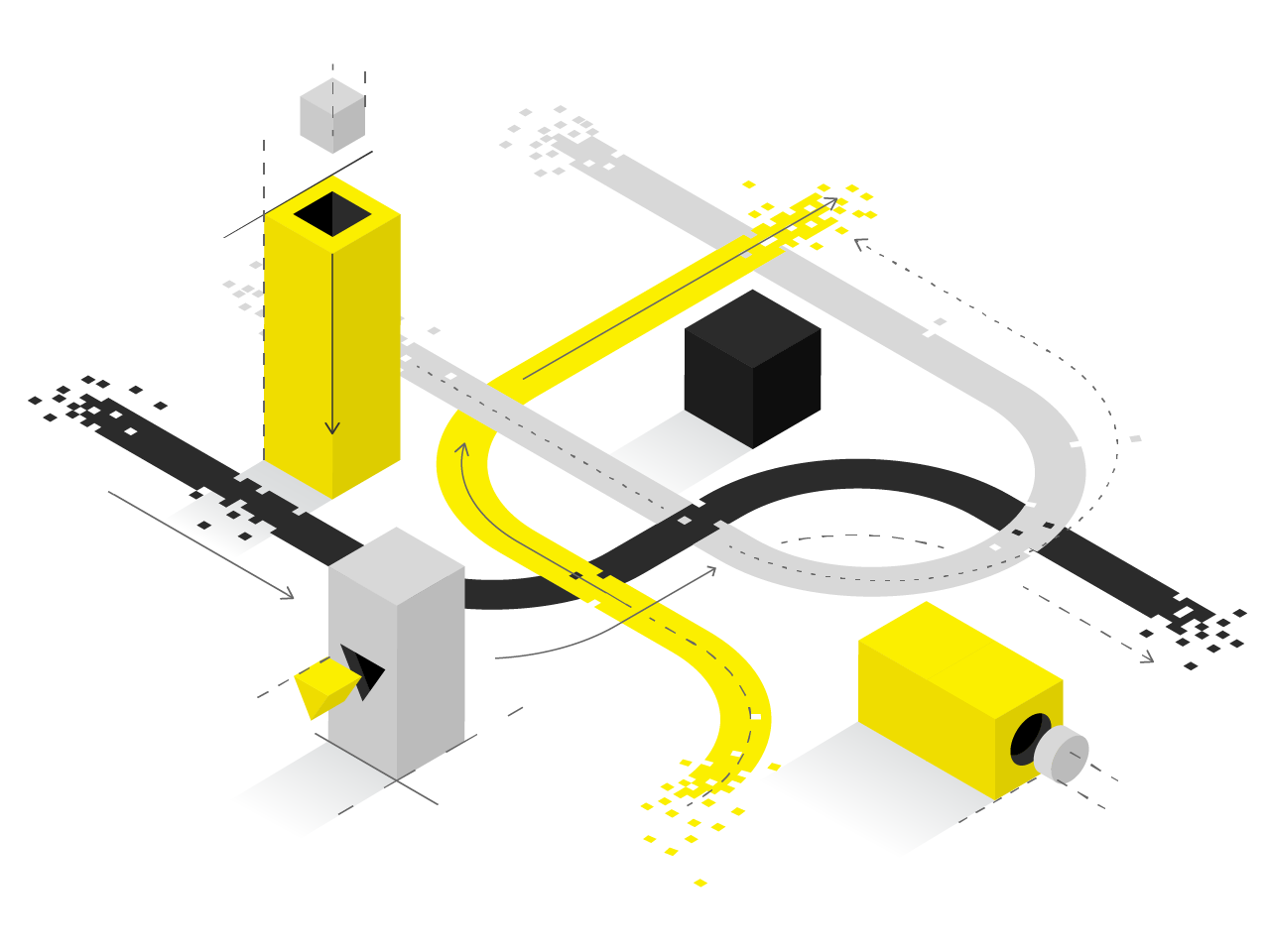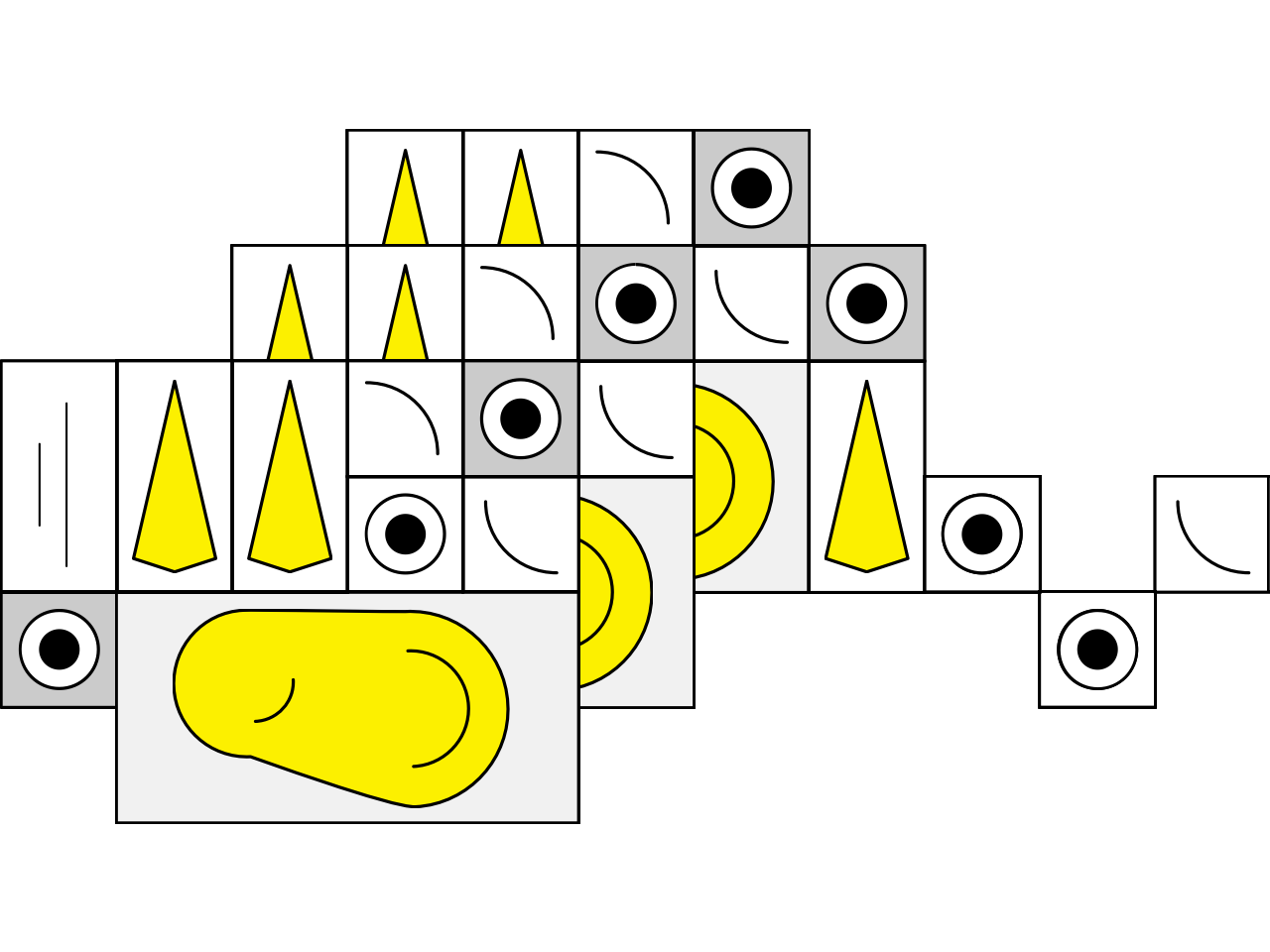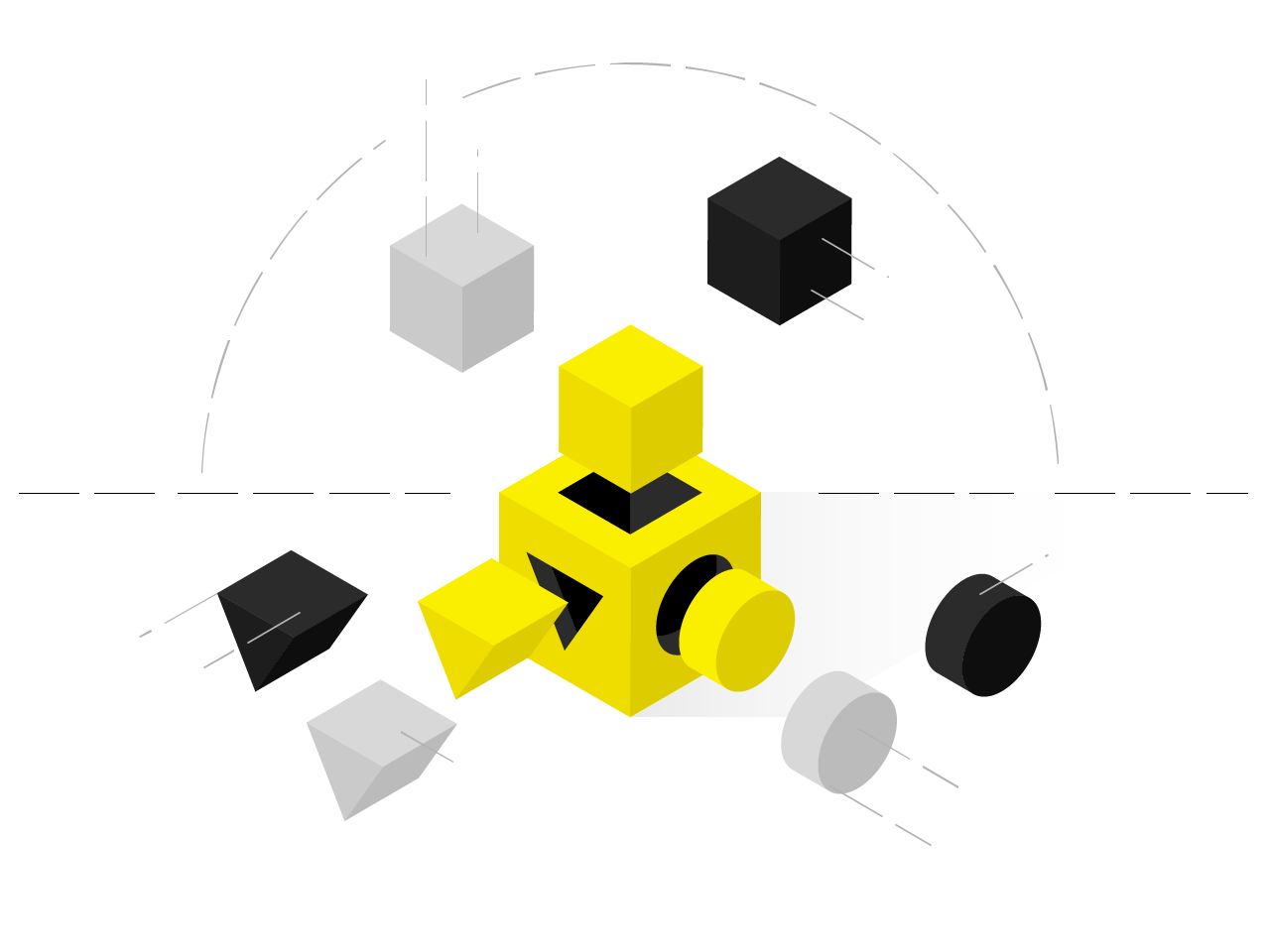Open Future develops new, commons-driven approaches to openness that maximize the societal benefits of shared data, knowledge, and culture. Our work explores the challenges facing the digital world not only now but also in the years to come.
We do this to advance public policies and civil society strategies that address these challenges today. We build on our research, knowledge, and experience to work with the EU institutions and civil society and ensure that the principle of openness is reflected in the European Union’s digital policy framework.
The key pillars of our work are efforts to build and strengthen Digital Public Spaces and to cultivate Digital Commons. Our work is underpinned by a commitment to digital rights, safeguarding Europe’s digital sovereignty, and addressing the power imbalances that result from the Paradox of Open. Currently, this translates into research and policy interventions in the following areas:
AI and Creative Labor
AI and Creative Labor
Exploring the impact of generative AI on creative labor, copyright, and the Digital Commons.
Copyright Infrastructure
Copyright Infrastructure
Contributing to a more modern copyright framework that benefits all of society, including creators and other rights holders.
Open Movement
Open Movement
Making sense of the challenges faced by openness and defining new strategies for the movement.
Public AI
Public AI
Examining AI policies and governance mechanisms that secure the common good, respect open-sharing, account for power imbalances and safeguard digital rights.
Public Digital Infrastructure
Public Digital Infrastructure
Exploring the role and potential of Public Digital Infrastructure in supporting the Digital Public Space that contributes to the full realization of digital rights.
AI_Commons
AI_Commons
This activity explored how AI training datasets and openly licensed works included in those datasets can be better governed and shared as a commons. The project has now been completed.
Generative Interoperability
Generative Interoperability
Our research into Interoperable Public Civic Ecosystems explored the role that interoperability can play in supporting digital public spaces. The project has now been completed.
Interoperability
Interoperability
Exploring how interoperable services and open protocols can fulfill the vision of Digital Public Space.
